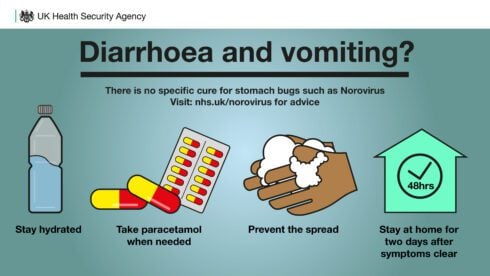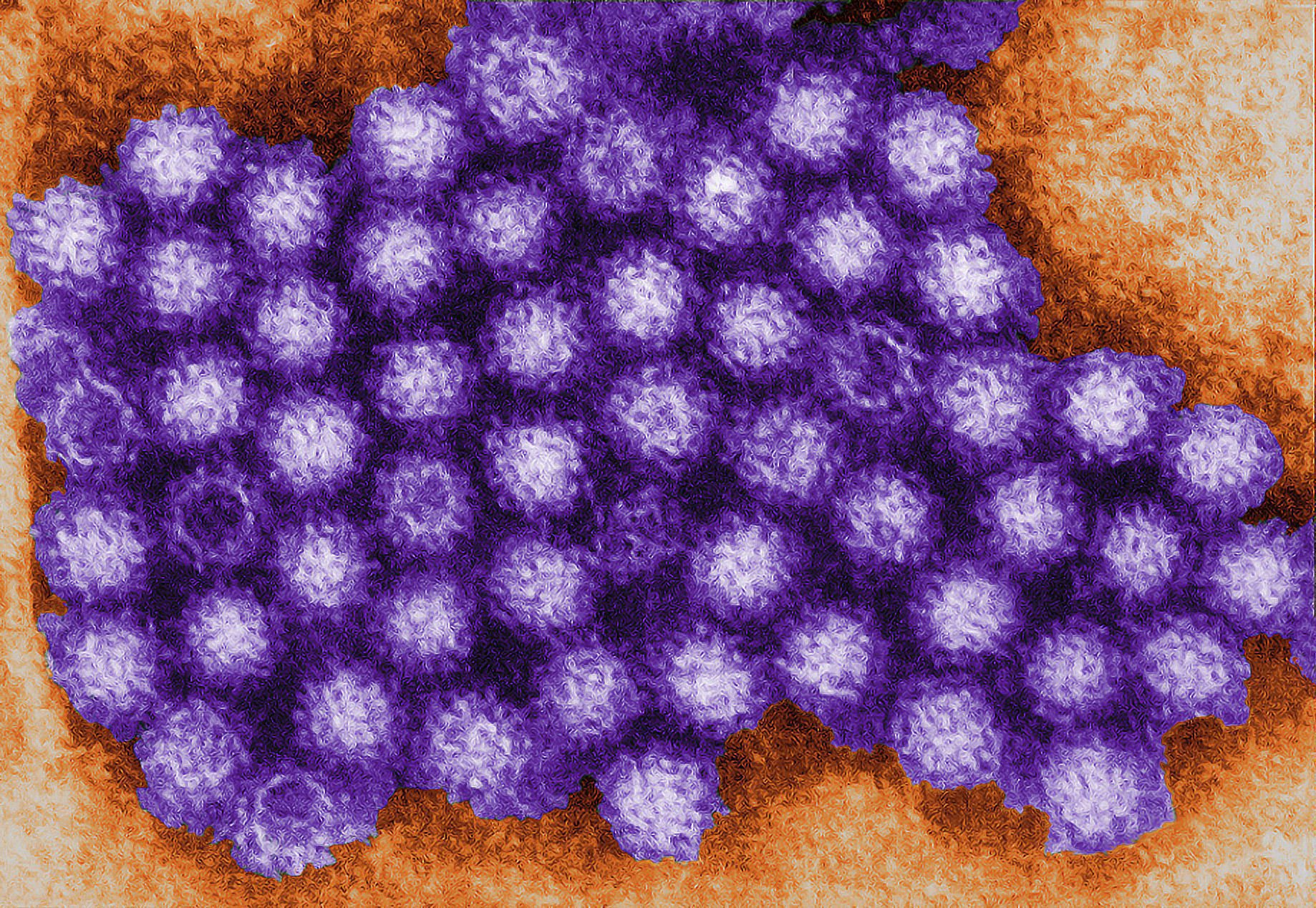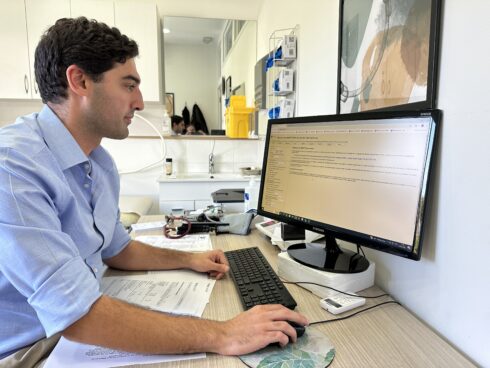THESE are the symptoms of norovirus, the stomach illness spreading through Spain this January.
Flu and the common cold are not the only things plaguing Spaniards since Christmas festivities came to a close.
Norovirus, the most common form of gastroenteritis, has made its return to Spain but do you know the symptoms?
A viral stomach illness, norovirus is very contagious and causes severe vomiting and diarrhea.
Though it is more common in summer, the increase in time spent indoors during winter can cause a spike in infections.
Common symptoms include nausea, stomach pain, sore muscles and generally feeling unwell.
The illness is spread through direct contact with infected people, as well as contaminated food and water.
Symptoms are generally seen between 12-24 hours after exposure and last up to three days.
Normally, it does not require specialist treatment but can have a bigger impact on vulnerable people such as children, the elderly and those with chronic illnesses.

The main issue is dehydration as a result of vomiting and diarrhea, which leads to tiredness, dizziness, low blood pressure, high heart rate and muscle pain.
In serious cases convulsions and memory loss may occur.
Symptoms vary based on age, in children it is important to notice mouth dryness, crying without tears, clean nappies for over three hours and a sunken fontanel (soft part of the head).
In elderly people, signs include drinking an excessive amount of water, dark urine colour, confusion and infrequent urination.
To avoid the so-called ‘vomiting bug’ it is recommended to wash your hands frequently using alcohol gel or soap and water.
It is also recommended to wash fruits and vegetables before eating.
If you are infected, you should rest and isolate yourself for at least two days after symptoms have passed to prevent further infections and promote speedy recovery.









